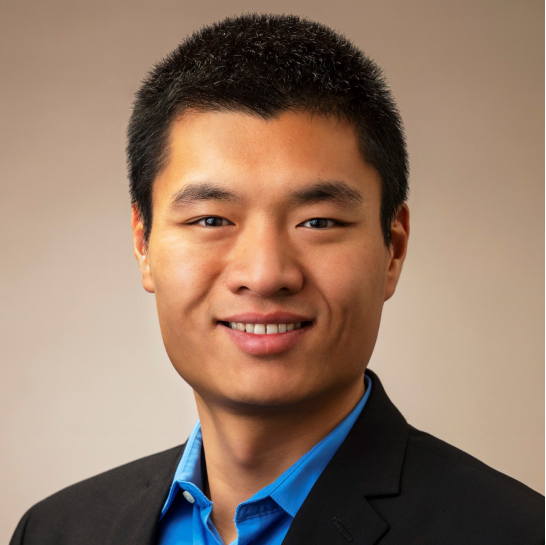Prof. Fengqi You
Prof. Fengqi You
Cornell University, USA
Title: Multi-Scale Life Cycle Optimization and Sustainability Analytics for Biorefinery Systems
Abstract: Biomass-derived chemical products may offer reduced environmental impacts compared to their fossil-derived counterparts and could improve profit margins at biorefineries when coproduced with higher-volume, lower-profit margin biofuels. This presentation will begin with our recent life cycle analysis (LCA) study on assessing the life cycle energy and environmental impacts of 8 bioproducts selected on the basis of technology readiness and market potential. We developed high-fidelity process simulations to obtain energy and material flows in the production of each bioproduct and examined sensitivity of these flows to process design assumptions. Conversion process data were combined with upstream and downstream life cycle environmental impact parameters to determine the cradle-to-grave environmental impacts of each bioproduct.
Building on the data and approach of the LCA study, we further develop a superstructure-based computational framework for sustainable design and synthesis of algal biorefineries that produce fuels and value-added chemicals. This framework simultaneous models detailed mass and energy flows within the biorefinery, and organically integrates with technoeconomic analysis and LCA. It systematically evaluates various technology alternatives and determines the optimal product portfolio for making different biofuels and bioproducts from a given algal feed.
At the end of the presentation, we will discuss a comprehensive biofuels and bioproducts conversion network, with 200 conversion technologies and 142 compounds (feedstocks, intermediates, and final products). We develop a network-based life cycle optimization framework to identify the most cost-effective and environmentally sustainable production pathways for a given feed or a specific demand. We will discuss general modeling frameworks, efficient solution algorithms, and case studies illustrate the applications of these frameworks.
Biography: Fengqi You is the Roxanne E. and Michael J. Zak Professor at Cornell University, and is affiliated with the Smith School of Chemical and Biomolecular Engineering, the Graduate Fields of Operations Research and Information Engineering, Electrical and Computer Engineering, Civil and Environmental Engineering, Mechanical Engineering, Systems Engineering, and Center of Applied Mathematics. He also serves as the Associate Director of Cornell Energy Systems Institute and Chair of Cornell Systems Engineering PhD Studies. He was on the faculty of Northwestern University from 2011 to 2016, and worked at Argonne National Laboratory as an Argonne Scholar from 2009 to 2011. He has published more than 120 peer-reviewed articles in leading journals, and has an h-index of 50. Some of his research results have been editorially highlighted in Science and Nature, featured on journal covers (e.g. Energy & Environmental Science, ACS Sustainable Chemistry & Engineering, and Industrial & Engineering Chemistry Research), and covered by major media outlets (e.g. The New York Times, BBC, BusinessWeek, and National Geographic). His recent awards include American Institute of Chemical Engineers (AIChE) W. David Smith, Jr. Publication Award (2011), Northwestern-Argonne Early Career Investigator Award (2013), National Science Foundation CAREER Award (2016), AIChE Environmental Division Early Career Award (2017), AIChE Sustainable Engineering Research Excellence Award (2017), Computing and Systems Technology (CAST) Outstanding Young Researcher Award from AIChE (2018), Cornell Engineering Research Excellence Award (2018), and ACS Sustainable Chemistry & Engineering Lectureship Award (2018), as well as a number of best paper awards. He is currently an Editor of Computers & Chemical Engineering, a Consulting Editor of AIChE Journal, and an editorial board member of several leading journals (e.g. ACS Sustainable Chemistry & Engineering and Industrial & Engineering Chemistry Research). His research focuses on novel computational models, optimization algorithms, statistical machine learning methods, and multi-scale systems analysis tools for smart manufacturing, digital agriculture, data analytics, energy systems, and sustainability. For more information about his research group: www.peese.org
